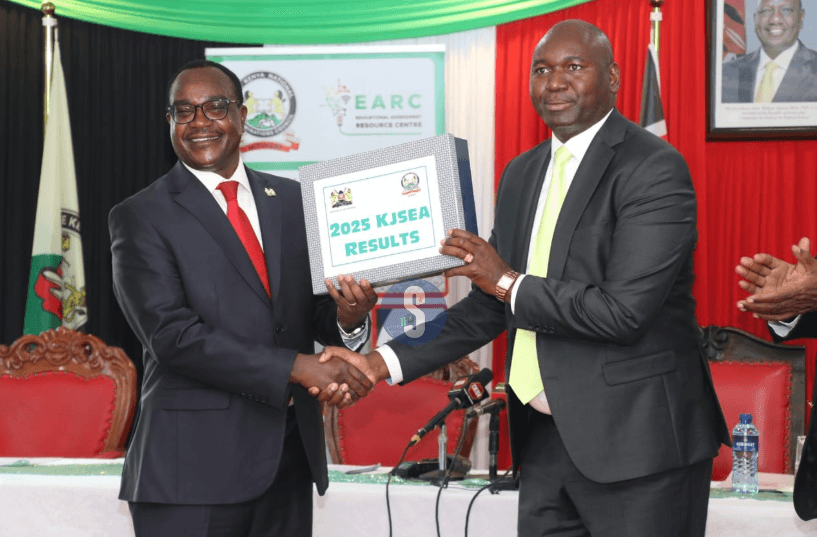Education stakeholders now want the government to allocate 30 per cent of the total annual budget to fund learning.
Currently, 20 per cent of the national budget goes to funding education.
The stakeholders are the University Academic Staff Union, the Kenya National Union of Teachers and the Kenya Union of Post-Primary Education Teachers.
UASU, KNUT and KUPPET in their common position statement of teachers unions, noted that since the introduction of Free Primary Education and Free Day Secondary Education there has been a massive influx of learners in public schools.
"This has resulted in deterioration in the quality of education due to over-burdened facilities. The Government should spend at least 30 per cent from the current 20 per cent of the national budget or at least 10 per cent from the current 6 per cent of the GDP on education," the unions said.
The Unions also decried delays in disbursement of funding to institutions of learning.
They said the delays have led to low participation rates, students' inability to pay for personal expenses, delays in registering for courses, and students' inability to attend classes on time.
The Unions urged the government to disburse funds allocated for education in a consistent and timely manner to avoid financial crisis in learning institutions.
They said the government should also provide accurate data to stakeholders and the public on the number of learners in our public institutions, the infrastructure available and other teaching-learning resources.
"The Government should engage stakeholders in the wake of transition of CBC to higher education taking into consideration of the pedagogical, infrastructural and financial aspects necessary for effective CBC transition," the Unions said.
Further, they said the government ought to guarantee the security of teachers, especially in insecurity-prone areas due to terrorism, cattle rustling and banditry.
They also want the government to invest in the training of teachers and ensure the participation of parents in the implementation of the CBC.
Additionally, they called on the government to immediately release capitation for first years at higher education to save higher institutions of learning from imminent collapse.
"The capitation of learners has to be reviewed periodically due to the increasing cost of living that has impacted the learning institutions in terms of resource allocation and adequacy," they said.
They also want public participation in the Presidential Working Party on education reforms in Kenya report especially with regard to funding, privatisation and commercialisation of education with recommendations based on professionals in education planning and administration.
The Unions' Secretary Generals spoke on Wednesday during a National Stakeholders Conference on Funding and Commercialisation of Education in the country in Nairobi.
The Unions organised the conference to interrogate the role of the government in funding educational institutions, and promoting equity, efficiency, effectiveness, and inclusiveness in the education sector.
The theme of the conference was "Adequate, Consistent and Time Funding of Public Education by the Government".
They resolved to hold the conference annually to discuss the funding, privatization, and commercialization of education in Kenya to ensure consistency in the dispensation of education.














